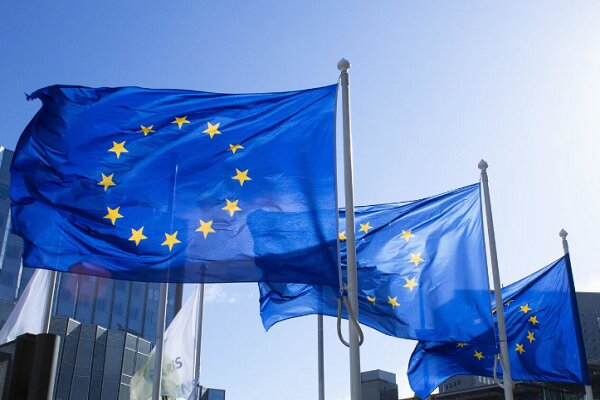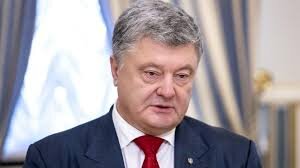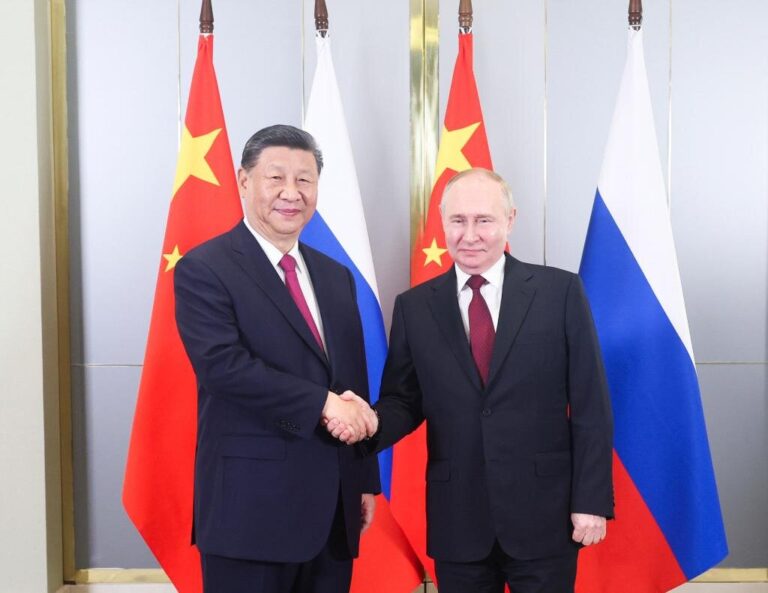EU Set to Implement Trump-Style Food Import Restrictions: What You Need to Know
The European Commission is set to consider stricter import regulations next week, a decision that could escalate tensions with international trading partners. This move aims to address concerns regarding agricultural products, particularly focusing on US crops like soybeans that are cultivated using pesticides prohibited for EU farmers.
According to health commissioner Olivér Várhelyi, “We have very clear signals from the parliament, very clear signals also from the member states and from our farmers: whatever is banned in the EU, it should be banned in the EU, even if it is an imported product.” This statement was made during an interview last month, highlighting the EU’s commitment to uphold its stringent agricultural standards.
Former President Donald Trump has voiced his discontent over countries blocking US agricultural products, targeting the EU specifically. He noted that the EU has barred shellfish from 48 of the 50 US states, expressing frustration and threatening tariffs against those who do not adjust their policies.
The European Commission has historically resisted calls from France and other member states for equal treatment of domestic and imported goods, citing potential violations of World Trade Organization (WTO) regulations. The commission maintains that any restrictions on imports must be scientifically justified and must not discriminate against foreign products.
One of the primary reasons for the EU’s strict regulations is the potential harm that certain pesticides can cause to plants and animals. Despite this, the EU’s health agency has concluded that some of these chemicals are safe for consumption in minimal quantities, prompting discussions on the balance between safety and trade.
The proposed EU regulations are part of a broader “Vision for Agriculture” roadmap developed by farm commissioner Christophe Hansen. An official familiar with the document indicated that it emphasizes the necessity of adhering to international trade rules while also protecting the health of EU citizens.
Here are some key points regarding the EU’s stance on agricultural imports:
- Stricter Import Limits: The European Commission is contemplating heightened restrictions on imports of certain agricultural products.
- Focus on US Crops: Initial targets may include US soybeans, which are grown using pesticides not permitted in the EU.
- Political Support: There is significant backing from various EU member states and farmers for these proposed regulations.
- Trump’s Response: Former President Trump has criticized the EU’s import policies and threatened retaliatory tariffs.
- WTO Compliance: The EU must ensure that any restrictions comply with WTO regulations to avoid potential trade disputes.
As the situation evolves, the implications for international trade, particularly between the EU and the US, remain to be seen. The EU’s commitment to maintaining high agricultural standards could lead to significant shifts in how agricultural products are sourced and imported within its borders.
In summary, the European Commission is poised to take a firm stance on agricultural imports, which may escalate tensions with trading partners like the US. The focus on maintaining stringent regulations aligns with the EU’s broader agricultural vision while also navigating the complexities of international trade agreements.
Moving forward, it will be crucial for the EU to balance its health and safety priorities with the need for fair trade practices. As discussions continue, stakeholders from various sectors will be watching closely to see how these policies will affect not just European farmers but also international relations and agricultural markets worldwide.






